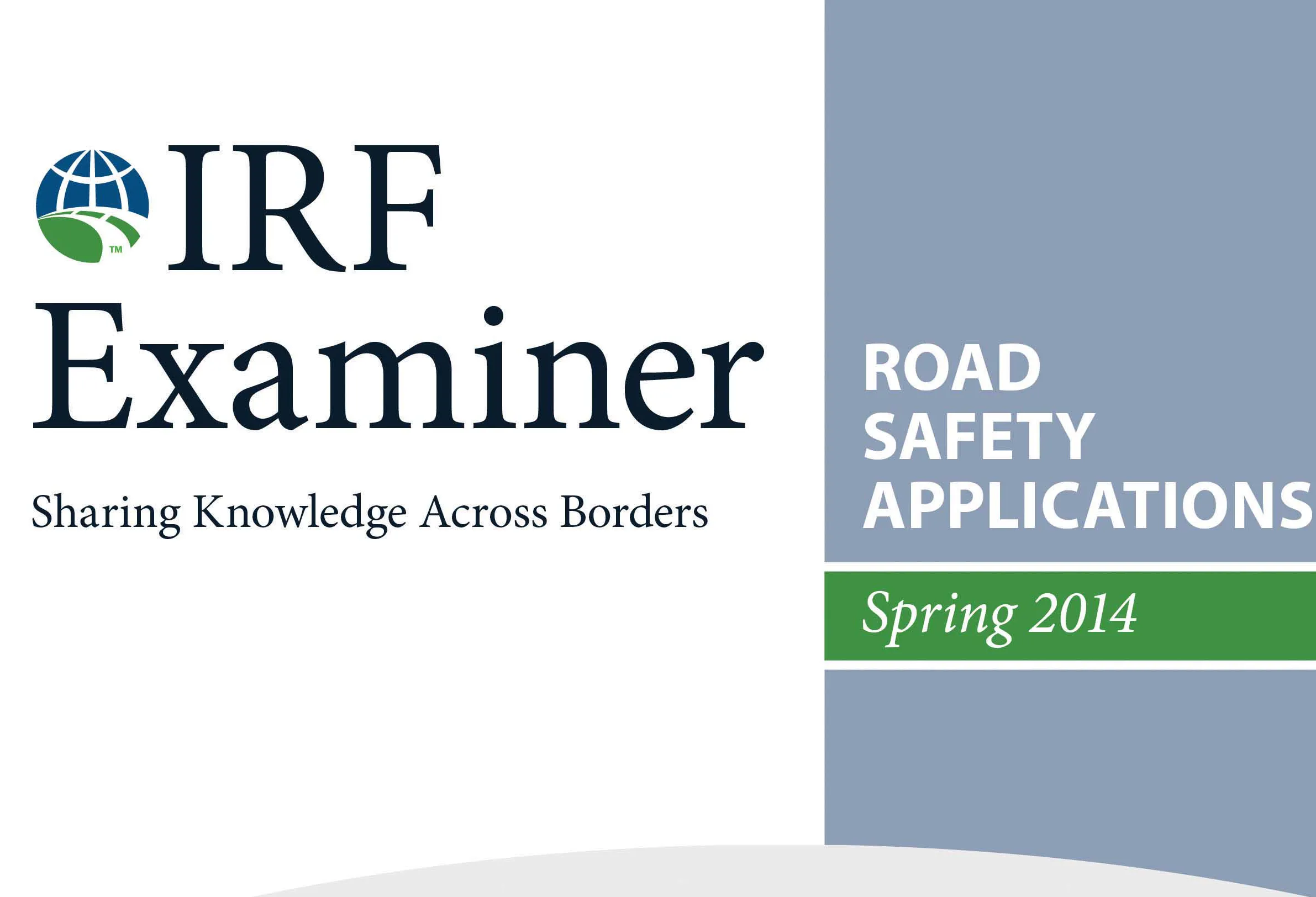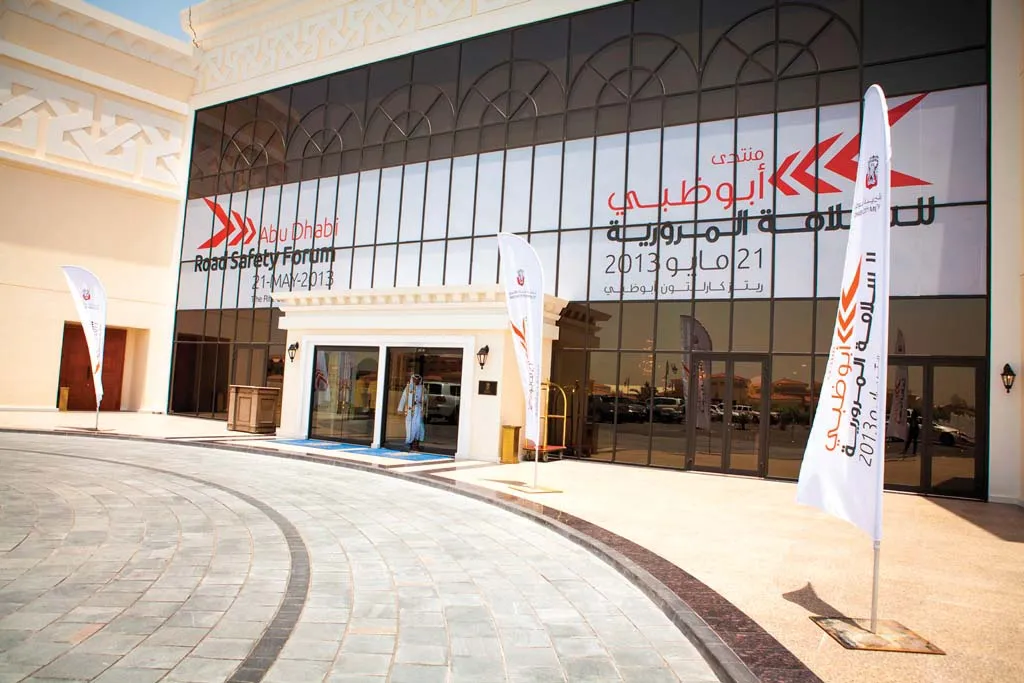Now in its second year and sixth edition, the IRF’s flagship technical journal has become a valuable global knowledge resource for road practitioners on the state of the art across road disciplines.
“The wealth of knowledge accumulated during the 17th IRF World Meeting & Exhibition in Riyadh was the driving force behind our decision to launch the IRF Examiner as a freely available resource for the industry,” recalls IRF chairman Eng Abdullah Al-Mogbel.
June 8, 2015
Read time: 2 mins

Now in its second year and sixth edition, the IRF’s flagship technical journal has become a valuable global knowledge resource for road practitioners on the state of the art across road disciplines.
“The wealth of knowledge accumulated during the 17th IRF World Meeting & Exhibition in Riyadh was the driving force behind our decision to launch the IRF Examiner as a freely available resource for the industry,” recalls3918 IRF Washington chairman Eng Abdullah Al-Mogbel.
“Creating advances in transportation requires the ability to overcome many obstacles. Researchers and professionals work long tedious hours to bring new ideas to reality. Being the editor of the IRF Examiner and having the ability to interact with these authors, while helping them share their work on a global scale, has been rewarding on both personal and professional levels,” noted Sam Enmon, editor of the IRF Examiner.
“Reaching across borders and boundaries to achieve a common goal of sharing expertise and ideas has been one of the main objectives of the IRF Washington since our launch,” according to C Patrick Sankey, president & CEO of the IRF Washington. “The Examiner directly supports this mission and is an asset to our industry.”
All issues of the IRF Examiner can be downloaded from %$Linker:2 External <?xml version="1.0" encoding="utf-16"?><dictionary /> 0 0 0 oLinkExternal here Download a copy of IRF Examiner false http://www.irfnews.org/examiner/ false false %>.
“The wealth of knowledge accumulated during the 17th IRF World Meeting & Exhibition in Riyadh was the driving force behind our decision to launch the IRF Examiner as a freely available resource for the industry,” recalls
“Creating advances in transportation requires the ability to overcome many obstacles. Researchers and professionals work long tedious hours to bring new ideas to reality. Being the editor of the IRF Examiner and having the ability to interact with these authors, while helping them share their work on a global scale, has been rewarding on both personal and professional levels,” noted Sam Enmon, editor of the IRF Examiner.
“Reaching across borders and boundaries to achieve a common goal of sharing expertise and ideas has been one of the main objectives of the IRF Washington since our launch,” according to C Patrick Sankey, president & CEO of the IRF Washington. “The Examiner directly supports this mission and is an asset to our industry.”
All issues of the IRF Examiner can be downloaded from %$Linker:







